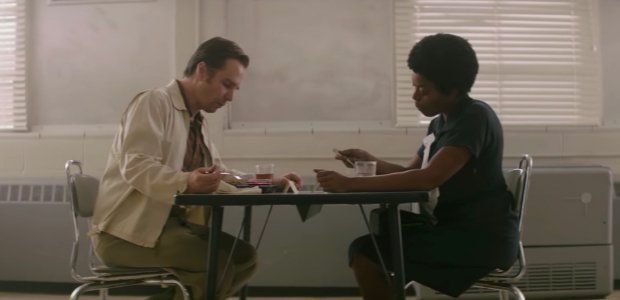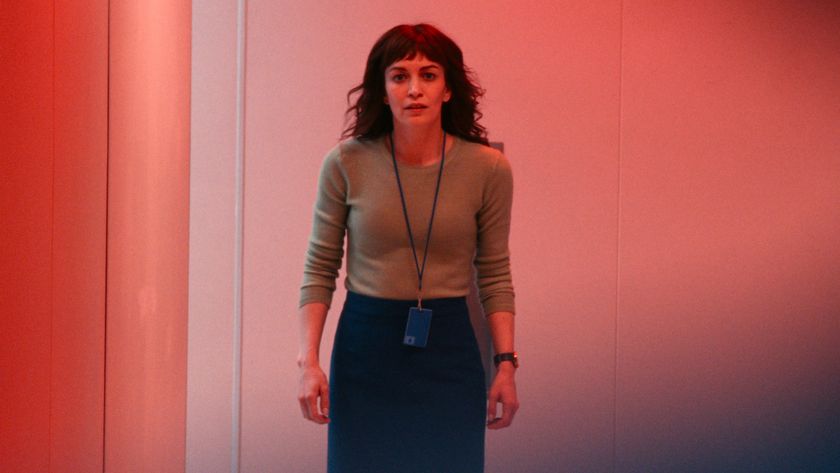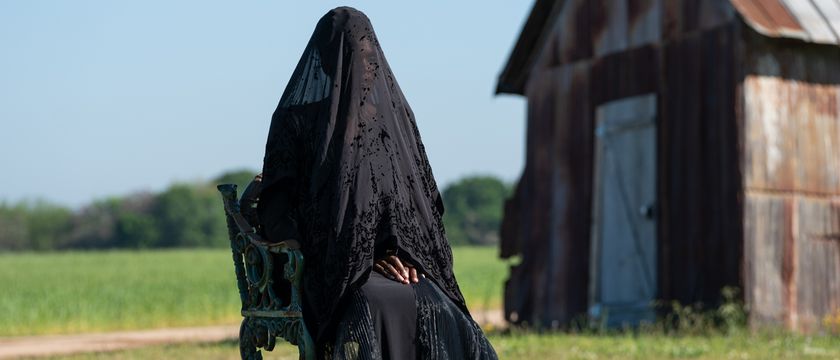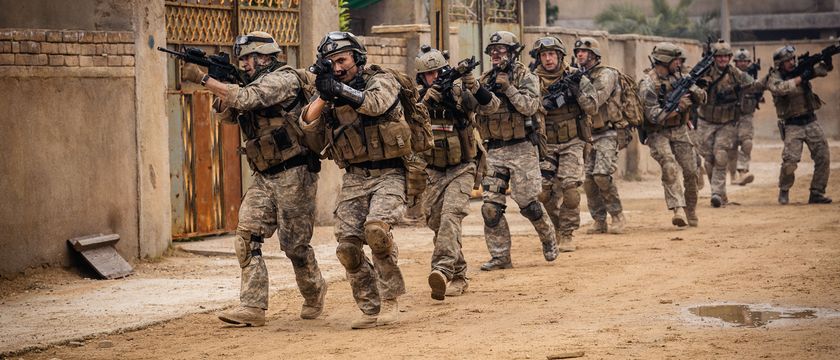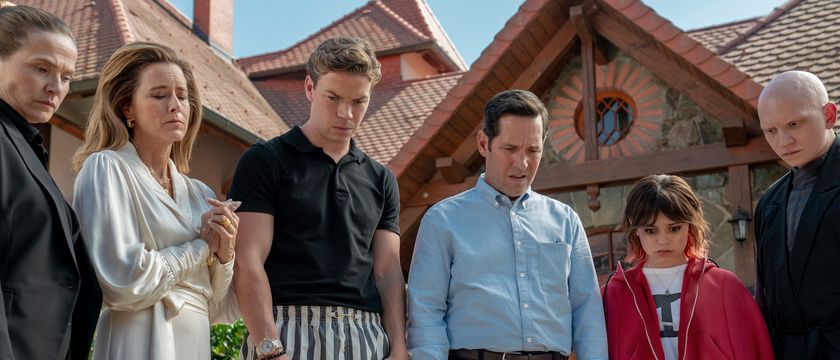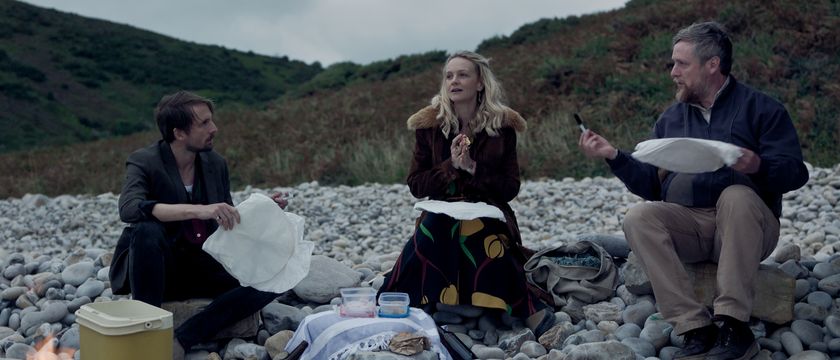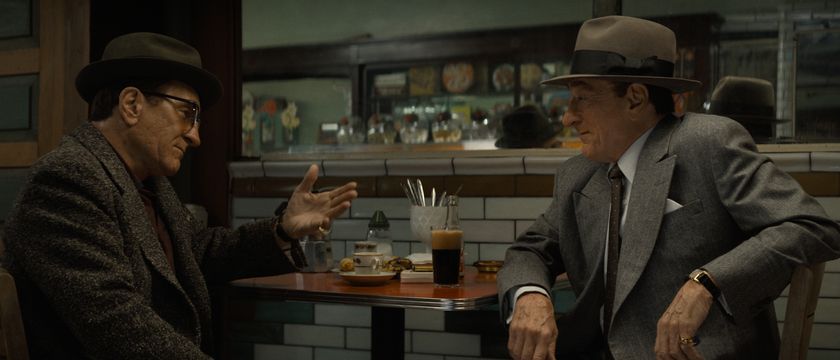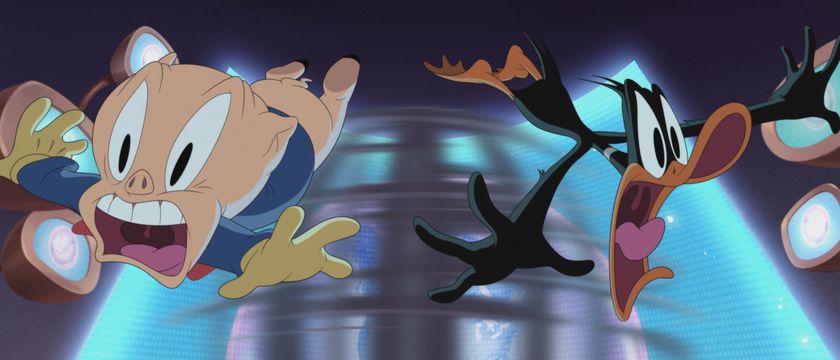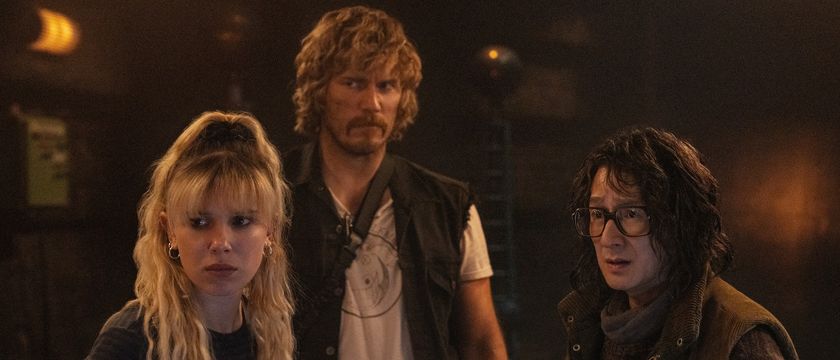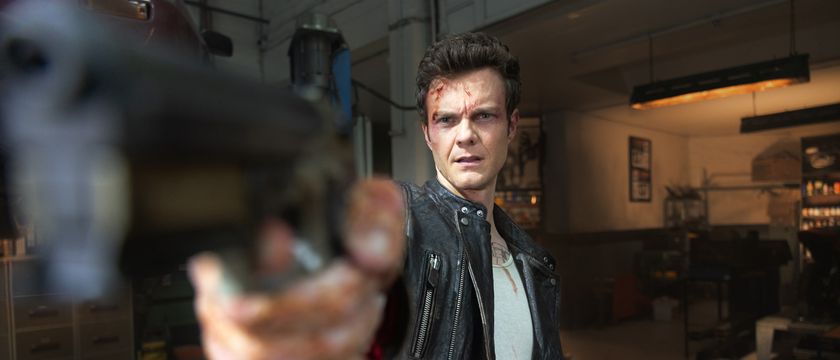There are already quite a few biopics that detail the stories of the various struggles undertaken in the name of civil rights. So on the surface, The Best of Enemies could be seen as another item to be tallied on that pretty sizable list. But what differentiates writer/director Robin Bissell’s adaptation of the true story of the unlikely pairing of a black activist and a ranking KKK member is the fact that it pays so close attention to the characters at the center of it all that it remembers to be, above all else, a story about people.
In 1971, after a dangerous fire in Durham, North Carolina severely damages a school for African American children, the question of whether or not to end school segregation becomes a hot button issue for the community. As part of the team who will debate and decide on the issue, activist Ann Atwater (Taraji P. Henson) and Ku Klux Klan leader C.P. Ellis (Sam Rockwell) start to butt heads, with no hope of a mutual solution in sight. But through some unexpected events, and a better understanding of each other’s lives, the two adversaries start to work together in order to achieve what was once impossible.
As far as The Best of Enemies is concerned, it’s basically the movie you’d expect from the trailers. Being a story based on true events, and the history of racism in the South being as well known as it is, there’s not a lot of room to do too much different when it comes to what the film is trying to depict. It’s in the face of that hurdle, however, that The Best of Enemies performs its greatest feat, as the story focuses on the more intensely personal side of the coin.
With that lens employed, Bissell’s film takes the more grand scope of stakes you’d expect in a film such as The Best of Enemies, and reduces it to that of two families. Both Ann and C.P. aren’t fighting for the world, nor do they pretend to be doing so in their actions. They’re both family and community driven people, and this movie takes great care to depict this story with that specific angle clearly in view.
In turn, the laser focus on The Best of Enemies’ central characters allows both Taraji P. Henson and Sam Rockwell to turn in nuanced portrayals of their respective historical figures. As dominating and feisty as ever, Henson’s Ann Atwater is as larger than life as any of her most notable characters, while also being a vulnerable human being on display. On top of that, Taraji P. Henson literally embodies Ms. Atwater’s very being, as a combination of prosthetic suit work and method acting help her only further melt into her character’s being.
As for Sam Rockwell, playing someone similar to C.P. Ellis is not a stretch, as he’s already played some character types that hew closely to the sort of ideology that Ellis believes in with the Ku Klux Klan. But what makes The Best of Enemies different from his other work is the fact that we see this person slowly shifting to the other side of the argument that’s helped build him into the person that he eventually became. Rockwell doesn’t milk the role for any malicious glee, showing a family man who only ever knew the KKK as a social safety net that seemed to care for him, and his gradual realization that he needs them less than he thought.
Putting Henson and Rockwell in this film together is probably the greatest asset The Best of Enemies has working in its favor. Both of these actors are forces of nature on their own, but seeing them both pitted against each other, and eventually warming up to one another, helps keep the audience rooted in this story. It’s because of their performances that the audience is rooted in the reality of this story, rather than forced to merely see it as a film telling them something they’ve already heard before.
The only downside to The Best of Enemies is that, even with fantastic performances, the story is still a little slight. We do see the racist political machine in North Carolina at work, as well as get some insight into the operations of the Ku Klux Klan, but the sum total still feels a little over-sanitized. And by time some of the truly threatening activity picks up again towards the end of the film, it seems too late to be introducing that angle into the film. As such, The Best of Enemies is not derailed by such a telling, but it is left feeling a little hollow.
Even taking those caveats into account, The Best of Enemies is still an example of taking a story that seems routine, and focusing on the most interesting aspect of its telling to make it seem fresh again. It’s a film that feels best seen by a community, so as to remind them of what can be accomplished when people stop thinking in terms of “I,” and instead start thinking of things in the name of “We.” Taraji P. Henson and Sam Rockwell both bristle and buddy up through their mutually impressive performances, making for a screen team that could have tons of potential past this initial scrimmage. With impressive acting firepower, and a positive message of unity for the common good, The Best of Enemies shines as an example of historical storytelling that anyone can identify with.

Mike Reyes is the Senior Movie Contributor at CinemaBlend, though that title’s more of a guideline really. Passionate about entertainment since grade school, the movies have always held a special place in his life, which explains his current occupation. Mike graduated from Drew University with a Bachelor’s Degree in Political Science, but swore off of running for public office a long time ago. Mike's expertise ranges from James Bond to everything Alita, making for a brilliantly eclectic resume. He fights for the user.
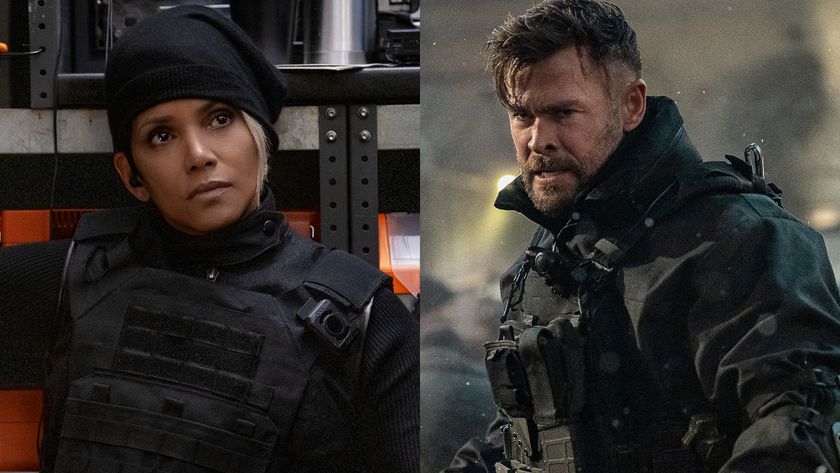
Halle Berry May Not Be Returning For Avengers: Doomsday, But I'm Bullish About Her New Movie With Marvel's Chris Hemsworth
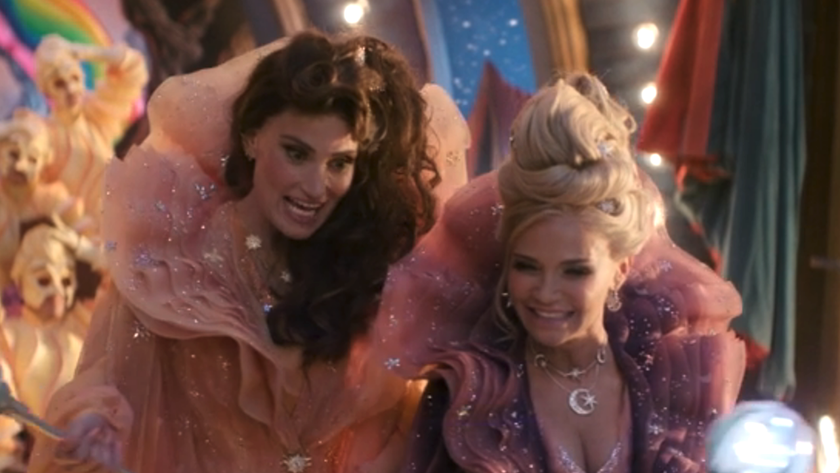
It Blows My Mind That A Pair Of Fans Paid $16K To Watch Idina Menzel And Kristin Chenoweth Sing A Wicked Song, But After Watching The Sweet Moment I Totally Get Why
